Liver Transplant in Turkey: Cost, Procedure, and best Clinics.
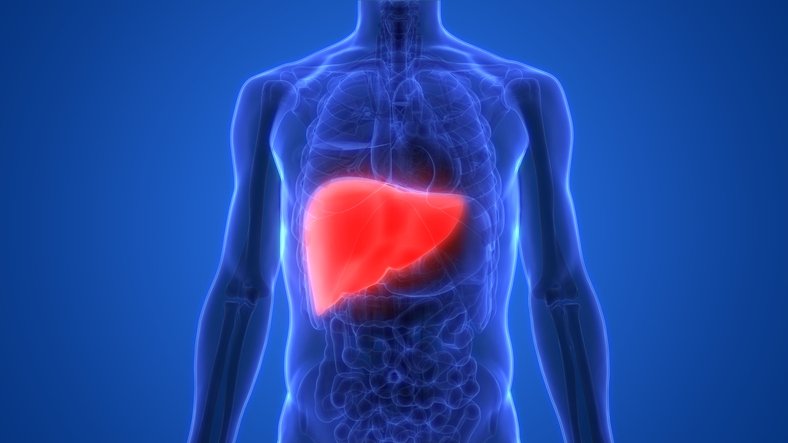
Liver Transplant in Turkey: Cost.
On average, the cost of Liver Transplant in Turkey starts from 40,000$ as minimum and goes up to 50,000$ as maximum.
The cost of Liver transplant in Turkey can vary depending on several factors, including the hospital or medical center and city chosen, the specific requirements of the patient, the type of transplant procedure, and any additional medical services needed.
However, in general, the cost of Liver transplantation is relatively lower compared to many other countries, making it an attractive option for patients seeking affordable yet high-quality medical care.
Liver Transplant in Turkey For Foreigners:
Liver transplantation for foreigners in Turkey is limited to certain circumstances, such as having a living relative donor up to the fourth degree of relation, a close family friend can also become a donor, in this case, your file will be submitted to the ethics committee, and you must prove it with the necessary official documents.
Foreigners can undergo Liver transplantation in Turkey. However, the eligibility criteria and regulations may vary depending on the specific policies and guidelines set by Turkish healthcare authorities.
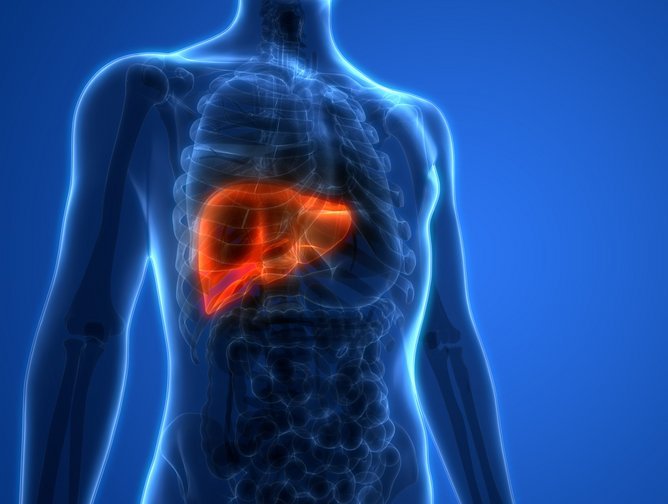
What are the pre-operative evaluations for liver transplant surgery in Turkey?
Pre-operative evaluations for liver transplant surgery in Turkey are comprehensive and similar to those conducted in leading medical centers worldwide. These evaluations ensure that the patient is a suitable candidate for the procedure and that the surgery can be performed safely. Here are the key components:
1. Medical History and Physical Examination
– Detailed Medical History: Assess past and current medical conditions, including liver disease progression.
– Physical Examination: Conduct a thorough physical check-up to identify any potential health issues that may affect surgery.
2. Laboratory Tests
– Blood Tests: Evaluate liver function, blood type, kidney function, and overall health status. Tests include complete blood count (CBC), liver function tests (LFTs), and coagulation profile.
– Infectious Disease Screening: Check for infections such as HIV, hepatitis B and C, and other transmissible diseases.
3. Imaging Studies and Cardiopulmonary Evaluation
– Ultrasound: Assess liver size, structure, and blood flow.
– CT Scan or MRI: Provide detailed images of the liver and surrounding organs to detect tumors, assess liver structure, and plan the surgery.
– Echocardiogram and Electrocardiogram (ECG): Assess heart function and detect any cardiac issues.
– Pulmonary Function Tests: Evaluate lung capacity and function to ensure the patient can tolerate anesthesia and surgery.
4. Cancer Screening and Psychosocial Evaluation
– Colonoscopy: Screen for colorectal cancer.
– Mammogram and Pap Smear: Screen for breast and cervical cancers in female patients.
– Psychological Assessment: Evaluate mental health status and readiness for surgery and recovery.
– Social Support Assessment: Ensure the patient has adequate support from family or friends during the recovery period.
5. Nutritional Assessment, Infectious Disease Evaluation, and Endoscopy
– Dietitian Consultation: Address nutritional deficiencies and optimize the patient’s diet to improve overall health before surgery.
– Additional Tests: Conduct specific tests to rule out any active infections that could complicate the surgery or recovery process.
– Esophagogastroduodenoscopy (EGD): Examine the esophagus, stomach, and duodenum to check for varices and other gastrointestinal issues.
What are the complications of Liver Transplant surgery in Turkey?
Liver transplantation surgery in Turkey, like elsewhere, involves several potential complications, including:
1. Rejection and Infection:
-The immune system may attack the new liver, leading to acute or chronic rejection.
-Due to immunosuppressive drugs, patients are at higher risk of bacterial, viral, and fungal infections.
2. Bile Duct and Vascular Complications:
-Bile leaks and biliary strictures can occur.
-Issues like hepatic artery thrombosis and portal vein thrombosis can arise.
3. Graft Failure and Kidney Dysfunction:
-The new liver might not function properly immediately or over time.
-Immunosuppressive drugs can impair kidney function.
4. Bleeding, Neurological, and Respiratory Complications:
-Significant blood loss can occur during or after surgery.
-Seizures and encephalopathy may develop.
-Pneumonia and respiratory distress can affect patients post-surgery.
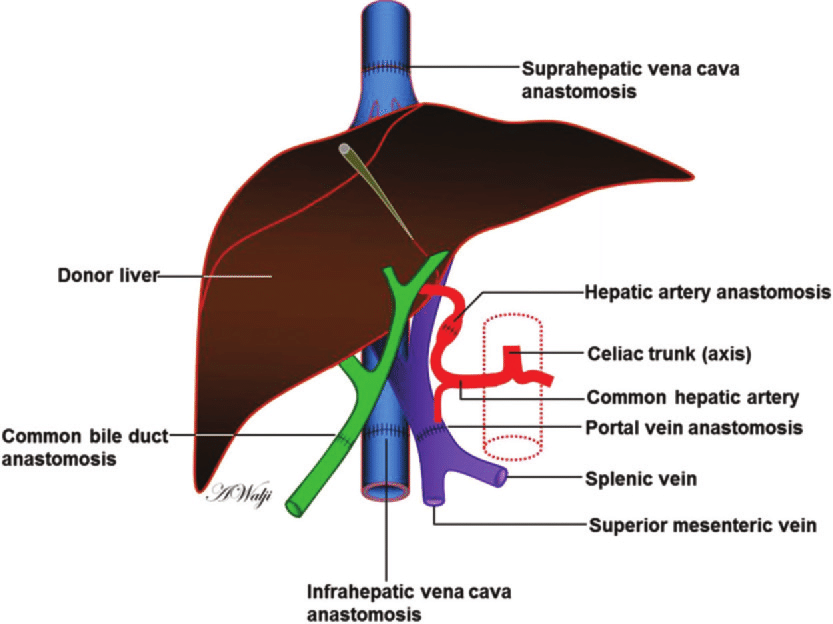
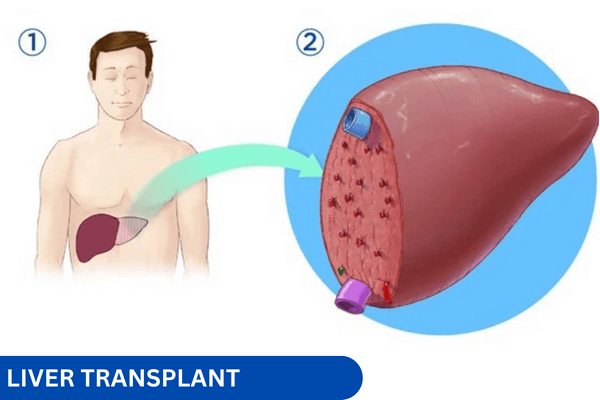
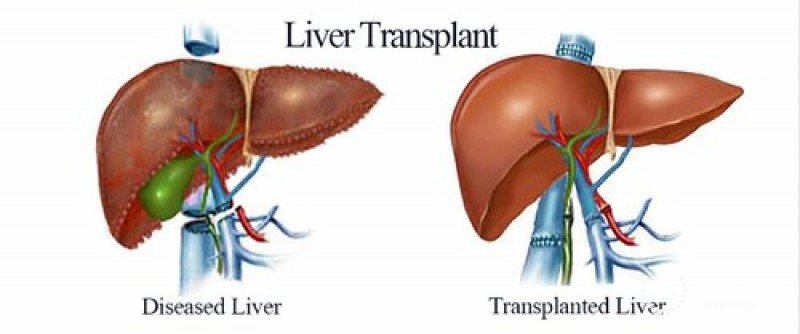
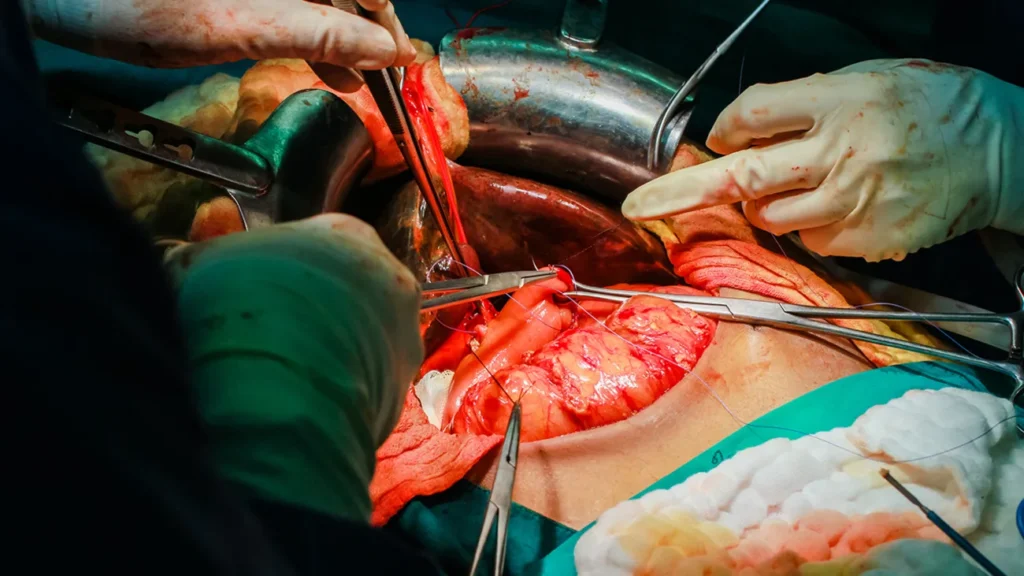
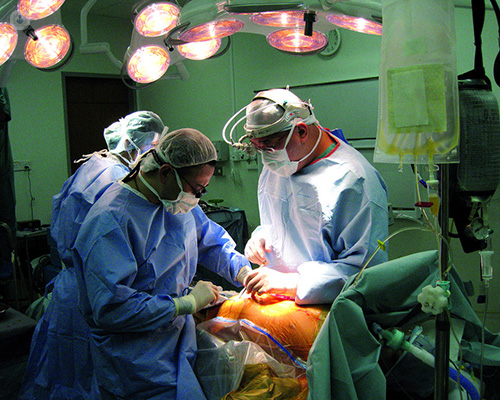
How many liver transplants can a person have?
A person can have multiple liver transplants, though the risks increase with each one. The first transplant is usually the most straightforward. If it fails, a second transplant, known as “retransplantation,” may be necessary. Some patients have had three or more liver transplants, but these cases are rare and complex.
Key Factors:
– Health of the Patient: Age, overall health, and other medical conditions.
– Reason for Retransplantation: Such as chronic rejection or recurrence of liver disease.
– Availability of Organs: Limited supply of donor livers.
– Immunosuppression Management: Effective management of immunosuppressive drugs.
Challenges:
– Increased Complications: Higher risk of infections, bleeding, and surgical complications.
– Lower Success Rates: Success rates decrease with each subsequent transplant.
– Longer Recovery: More complex and prolonged recovery period.
While multiple liver transplants are possible, they come with significant challenges and must be carefully managed by medical professionals.
What happens after liver transplant in Turkey?
After a liver transplant in Turkey, patients receive immediate post-operative care in the ICU, followed by a hospital stay of 1-2 weeks. During this period, they are closely monitored, start on immunosuppressive medications, and gradually increase physical activity. After discharge, they have regular follow-up appointments, continue with medication management, and make lifestyle adjustments to support their recovery. Long-term care involves routine check-ups and maintaining a healthy lifestyle to prevent complications like rejection, infections, and recurrence of the original liver disease. Support services, such as rehabilitation programs and counseling, are also provided to aid recovery.
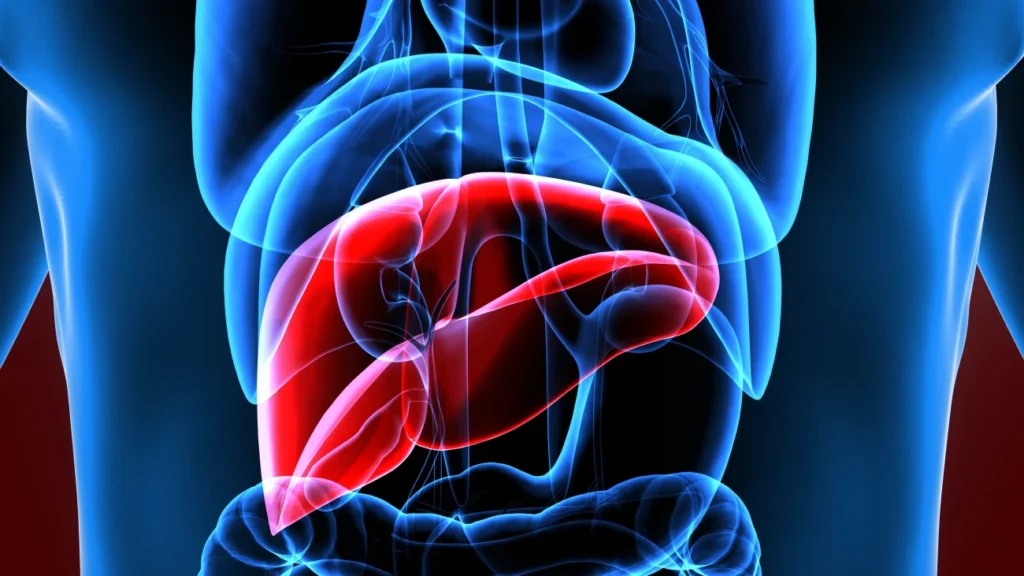
Ready to take the next step towards better health?
Booking an appointment at Golden Medical is easy and convenient!






